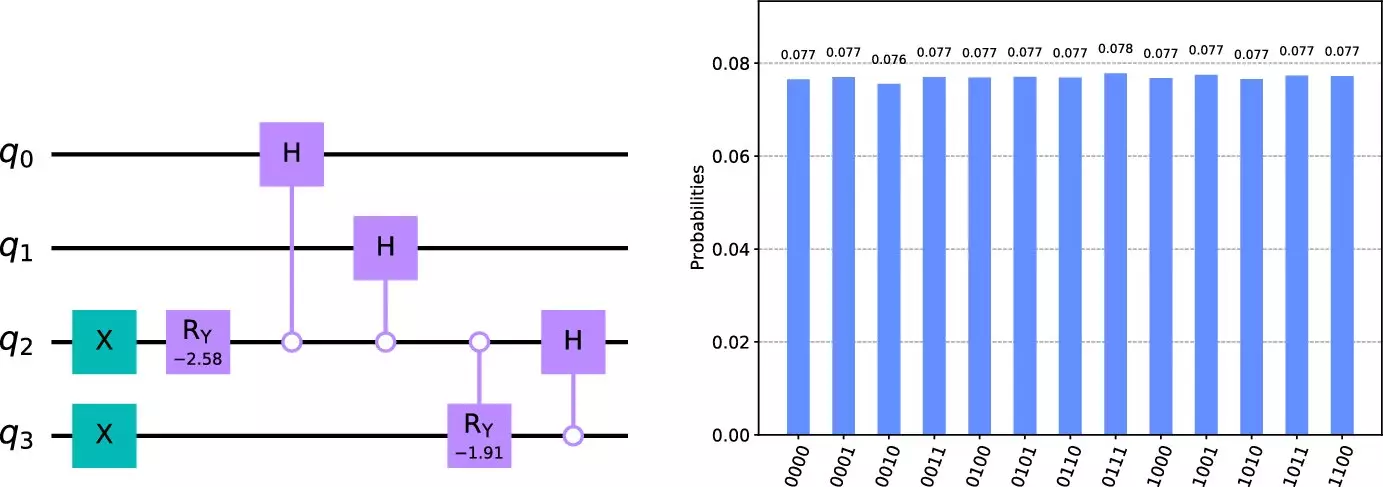The field of quantum computing has seen a massive breakthrough with the development of an algorithm by Prakash Vedula, Ph.D., a professor at the University of Oklahoma. This algorithm, known as the Shukla-Vedula algorithm, has been integrated into advanced computing software by tech giants Google and IBM, showcasing its exponential improvement over previous methods.
The Shukla-Vedula algorithm focuses on creating uniform quantum superposition states, a crucial element in quantum computing. What sets this algorithm apart is its ability to drastically reduce the complexity of this step, making it more efficient than ever before. This efficiency is not just a theoretical concept but has practical applications in various fields such as quantum search, optimization, solving differential equations, signal processing, cryptography, finance, and artificial intelligence.
The significance of the Shukla-Vedula algorithm is highlighted by its adoption in major quantum software platforms developed by Google and IBM – Cirq and Qiskit, respectively. These platforms are widely used in industry and academia, making the integration of this algorithm a substantial milestone. In fact, even financial institutions like Goldman Sachs have started leveraging this algorithm to analyze financial risks in financial derivatives, showcasing its real-world applications.
Optimism for the Future
Professor Vedula, the mastermind behind this innovative algorithm, is optimistic about its future impact in the field of quantum computing. He believes that the Shukla-Vedula algorithm will drive significant improvements across various applications and contribute to the advancement of quantum computing as a whole. The exponential improvement demonstrated by this algorithm without the need for additional resources makes it a game-changer in the industry.
As the Shukla-Vedula algorithm gains traction and continues to be integrated into various software platforms, the future of quantum computing looks promising. The implementation details of this algorithm can be found on the documentation of Cirq and Qiskit, allowing developers and researchers to explore its capabilities further. With the Shukla-Vedula algorithm paving the way for more efficient and effective quantum computing solutions, the possibilities in this field are truly groundbreaking.


Leave a Reply